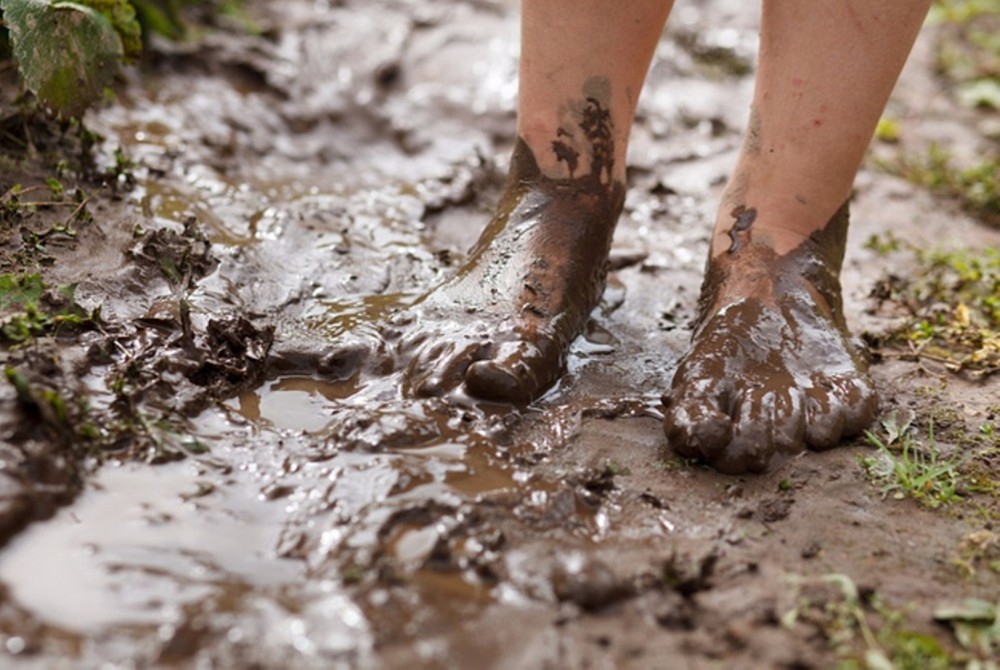
The article highlights the importance of hygiene and sensually experienced dirt during the ethnographic fieldwork to identify and shape the subjectivity of anthropologists. Dealing with impurities, the risk of pollution, disgust and aversion, sensing and bodily inconveniences, though anecdotal in the tales of fieldwork, seems to be one of the most important factors influencing the course of professional socialization within the framework of anthropological practice. This issue is presented in the context of anthropological theories that focus reflection on the body and the senses. In relation to them, the factors allowing to outline the historical, social and custom-related context concomitant the formation of the anthropological discourse and the hygiene regimes prevailing in the 19th and 20th centuries have also been indicated. Based on the empirical material, the author highlights the methods of conceptualizing the Other in the anthropological discourse. They are related to the category of dirt distinguished on the basis of the bourgeoisie and intelligence class distinction.
Source: Wroblewski F. (2018). Dirt and disgust, or how to become an ethnographer. Part 1. The filthiness of the Other. Ethnography. Practices, Theories, Experiences. 4: 151-189
Source web-site: https://www.ejournals.eu/Etnografia/2018/3-2016/art/14876/
Number of views: 2337